If you’ve had a cat with urinary tract issues, you know the struggle. One minute, your kitty is chasing dust like an Olympic sprinter. The next, they’re straining in the litter box, looking at you as if it’s your fault.
Trust me, I’ve been there, and it’s no fun for either of you. That’s where supplements come in. The right ones can support your cat’s urinary health, reduce your stress, and ease your cat’s pain.
I won’t use fancy jargon or textbook phrases. Let’s discuss what works, what doesn’t, and how you can help your feline friend feel their best. Sound good? Let’s dive in.
Why Urinary Tract Health Matters for Cats
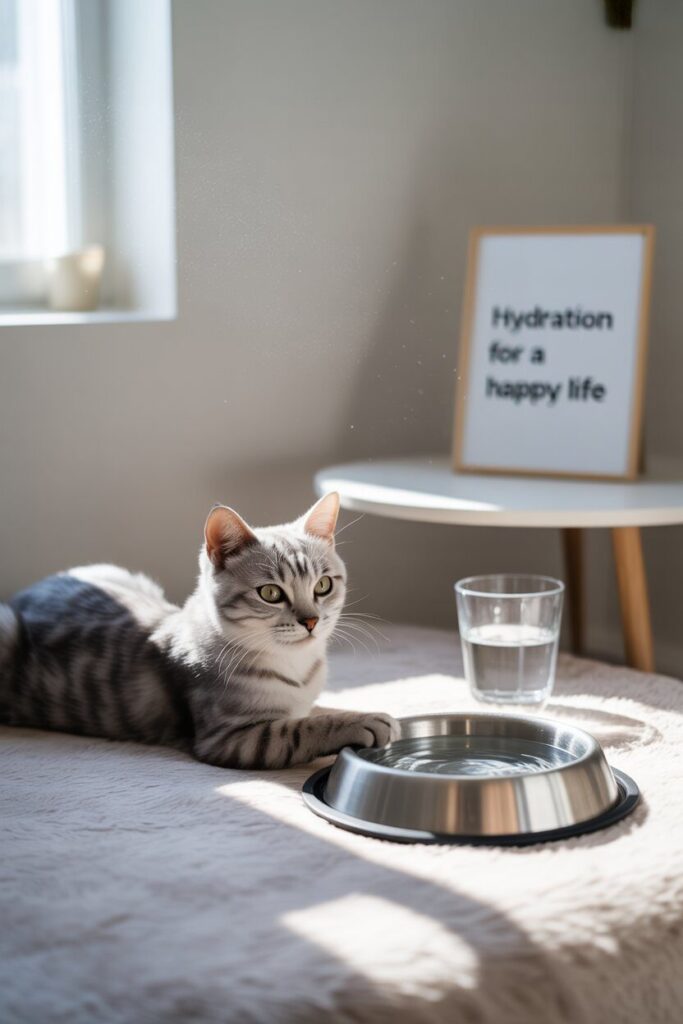
You might be wondering, why all the fuss about urinary tract health? Well, cats are notorious for urinary issues.
Bladder infections, crystals, blockages—it sounds like a plumbing nightmare, and for them, it kind of is. If left unchecked, these problems can cause serious health complications and lead to repeated vet visits.
Here’s the thing: cats are desert animals by nature. Their bodies don’t always encourage a high water intake, which makes their urine more concentrated.
Concentrated urine? Yep, that’s basically an open invitation for crystals and infections.
So, where do supplements fit into this? They help balance things out by:
- Promoting hydration (some contain ingredients that encourage water consumption)
- Supporting bladder lining health
- Balancing urine pH levels
- Reducing the risk of crystal formation
Pretty important, right?
Signs Your Cat Might Need Urinary Support
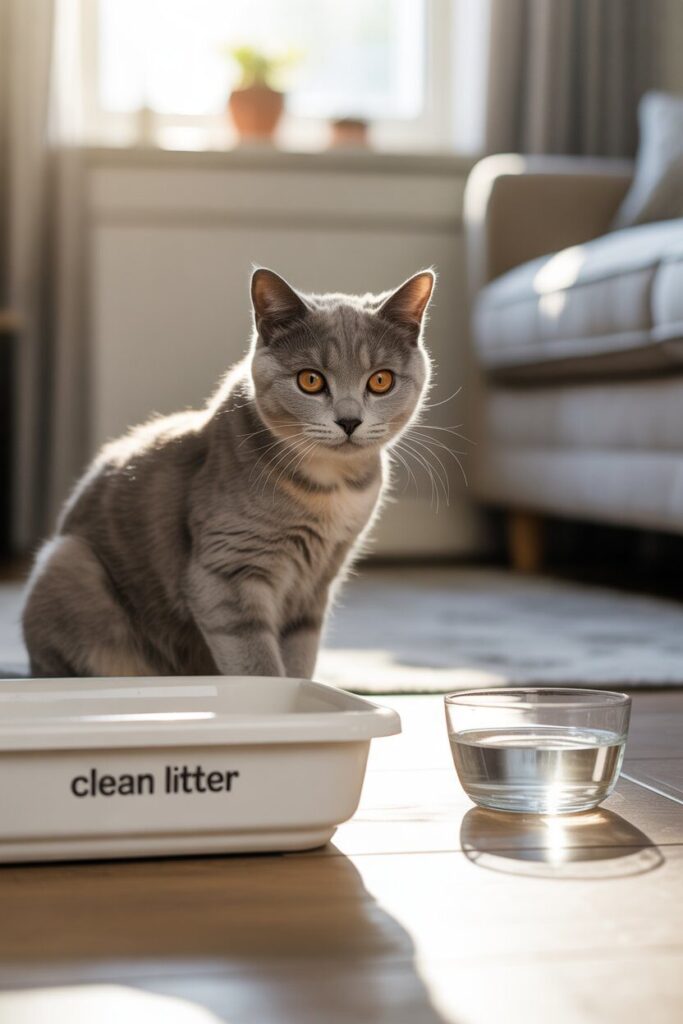
Not sure if your cat needs help in this department? Look for these red flags:
- Frequent trips to the litter box with little or no output
- Straining or crying while urinating
- Blood in the urine
- Excessive licking of their genital area
- Accidents outside the litter box
If you see any of these, don’t wait—talk to your vet. Supplements can support urinary health, but they’re not replacements for medical care when your cat is in pain.
Types of Cat Supplements for Urinary Tract Health
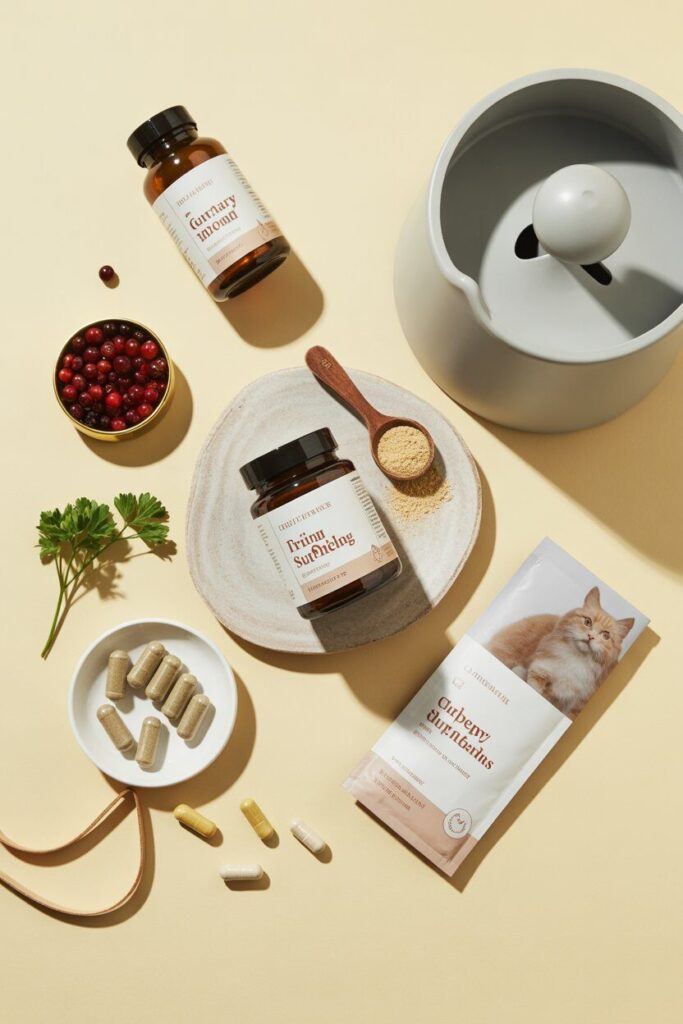
1. Cranberry-Based Supplements
You’ve probably heard about cranberries for urinary health in humans. Guess what? They can help cats, too.
Cranberries contain compounds that make it harder for bacteria to stick to the bladder wall. That means fewer chances of infection.
Pros: Natural, effective at preventing bacterial attachment
Cons: Some cats hate the taste (can’t blame them, cranberries are pretty tart)
2. D-Mannose Supplements
D-Mannose is a type of sugar that works similarly to cranberries. It helps flush bacteria out of the bladder before they can cause trouble.
Pros: Great for managing recurring infections
Cons: Needs consistency to be effective
3. Probiotics for Urinary Health
Probiotics aren’t just for gut health. A balanced gut microbiome can support a stronger immune system, which indirectly helps with urinary health.
Pros: Supports overall wellness, easy to mix with food
Cons: Results take time
4. Omega-3 Fatty Acid Supplements
Omega-3s are anti-inflammatory. If your cat’s urinary tract is inflamed, omega-3s can help calm things down.
Pros: Reduces inflammation, great for joint and skin health too
Cons: Can be fishy-smelling, which some cats dislike
5. L-Theanine and Herbal Blends
Stress is a big trigger for urinary problems. Supplements with calming ingredients like L-theanine, chamomile, or valerian root can help reduce stress-related flare-ups.
Pros: Helps anxious cats, supports urinary tract indirectly
Cons: Not a quick fix; better for prevention
My Top Picks for Cat Urinary Tract Supplements
Now let’s get into the fun part—actual product recommendations. I’ve either tried these myself with my cats or know people who swear by them.
1. Nutramax Cosequin for Cats
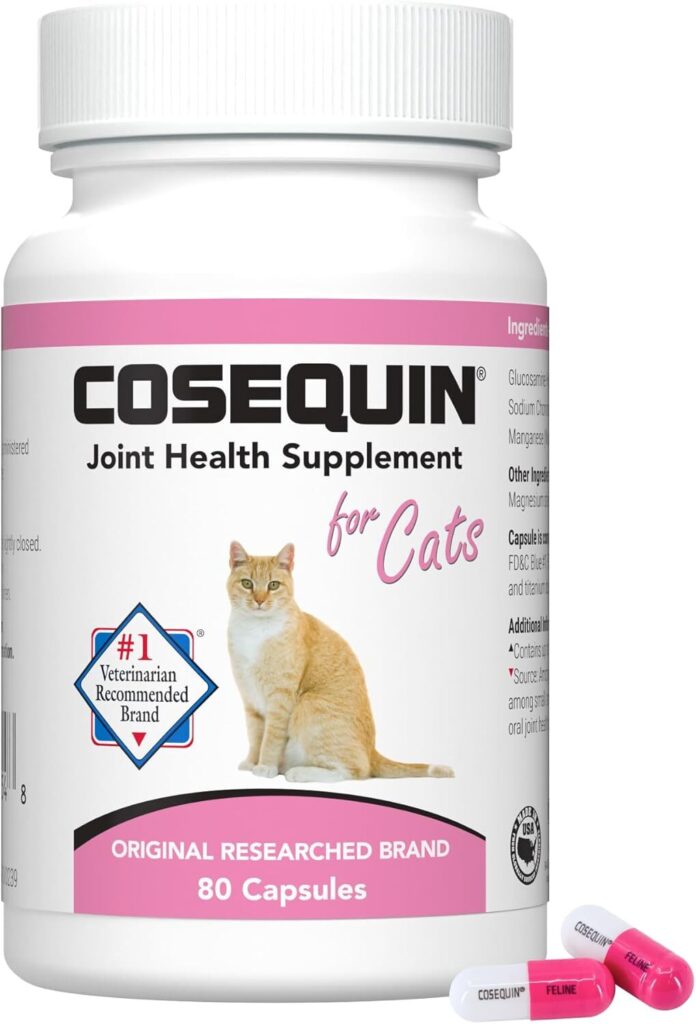
This supplement contains glucosamine and chondroitin, which help support the bladder lining. It’s one of the most popular vet-recommended options.
- Easy to sprinkle over food
- Helps protect the bladder wall
- Trusted brand with years of research
2. Cranberry Comfort by Vet Classics
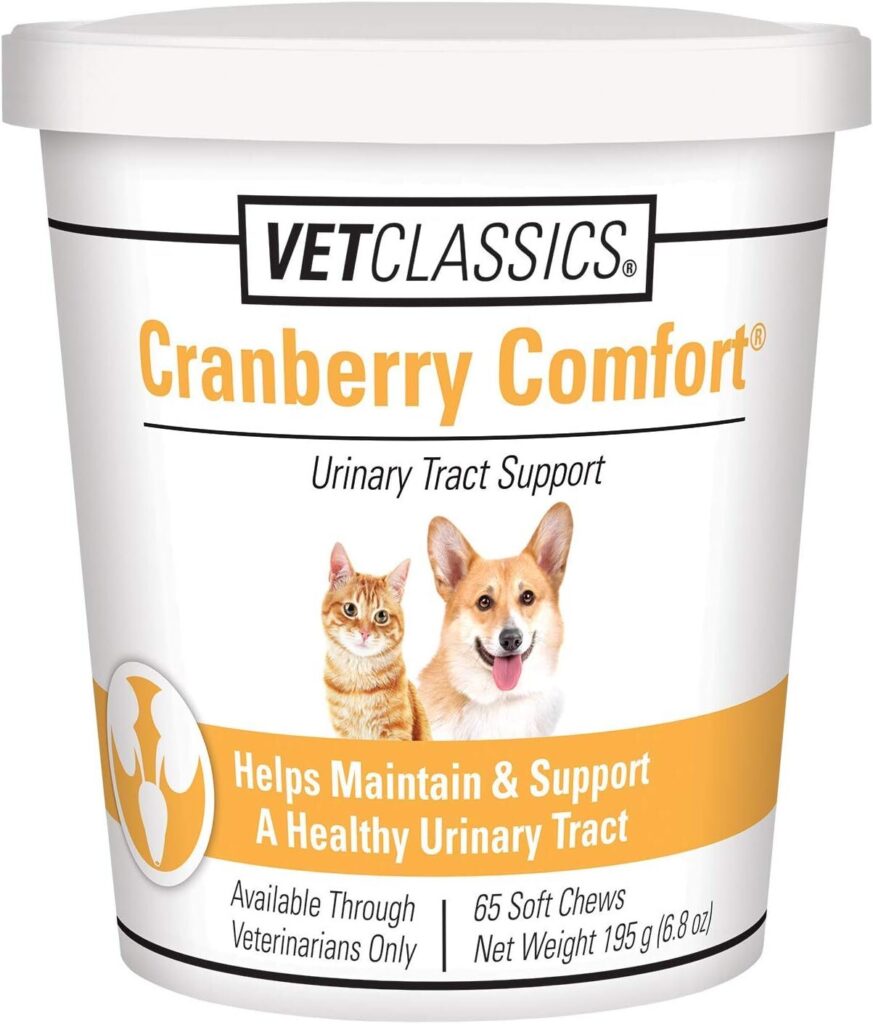
This one combines cranberries with echinacea and vitamin C. It not only supports urinary health but also boosts immunity.
- Natural ingredients
- Great for cats prone to infections
- Palatable chewable form
3. Vetriscience UT Strength Feline
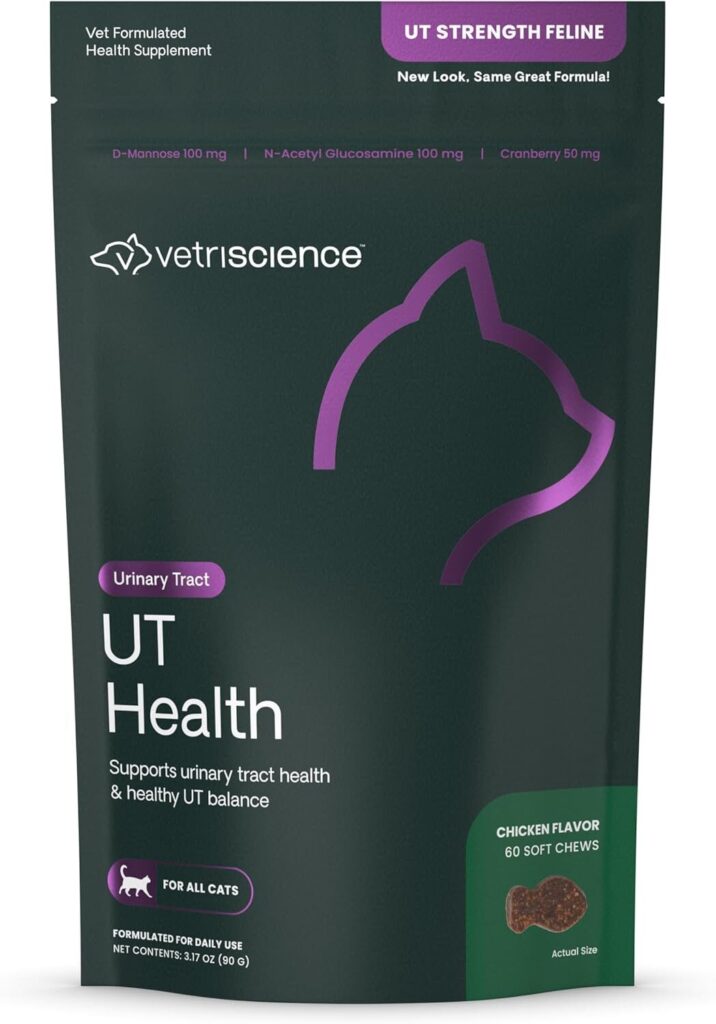
A blend of cranberry extract, probiotics, and bromelain (an anti-inflammatory). It covers all bases: bacteria control, gut support, and inflammation reduction.
- Multi-purpose formula
- Well-reviewed by cat parents
- Easy dosing options
4. NaturVet Cranberry Relief Plus Probiotics
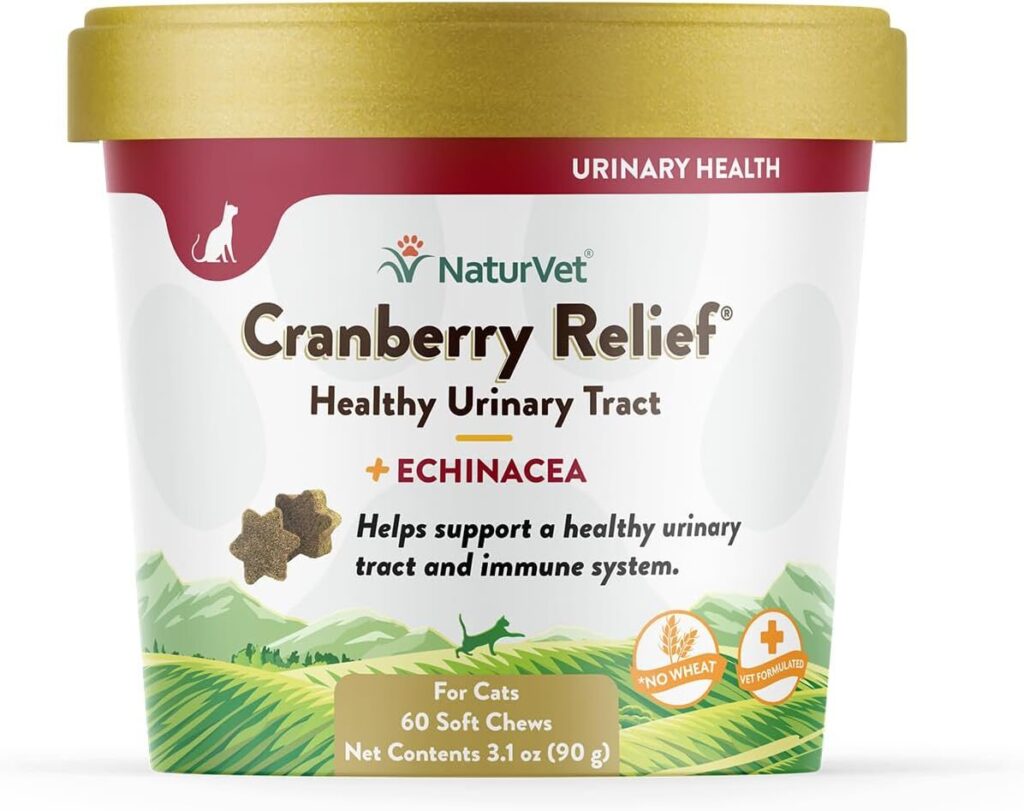
This is a powder supplement you can sprinkle into food. It combines cranberry with probiotics, making it a two-in-one solution.
- Affordable and accessible
- Combats bacteria while supporting digestion
- Cats seem to tolerate the taste well
5. Pet Wellbeing Urinary Gold
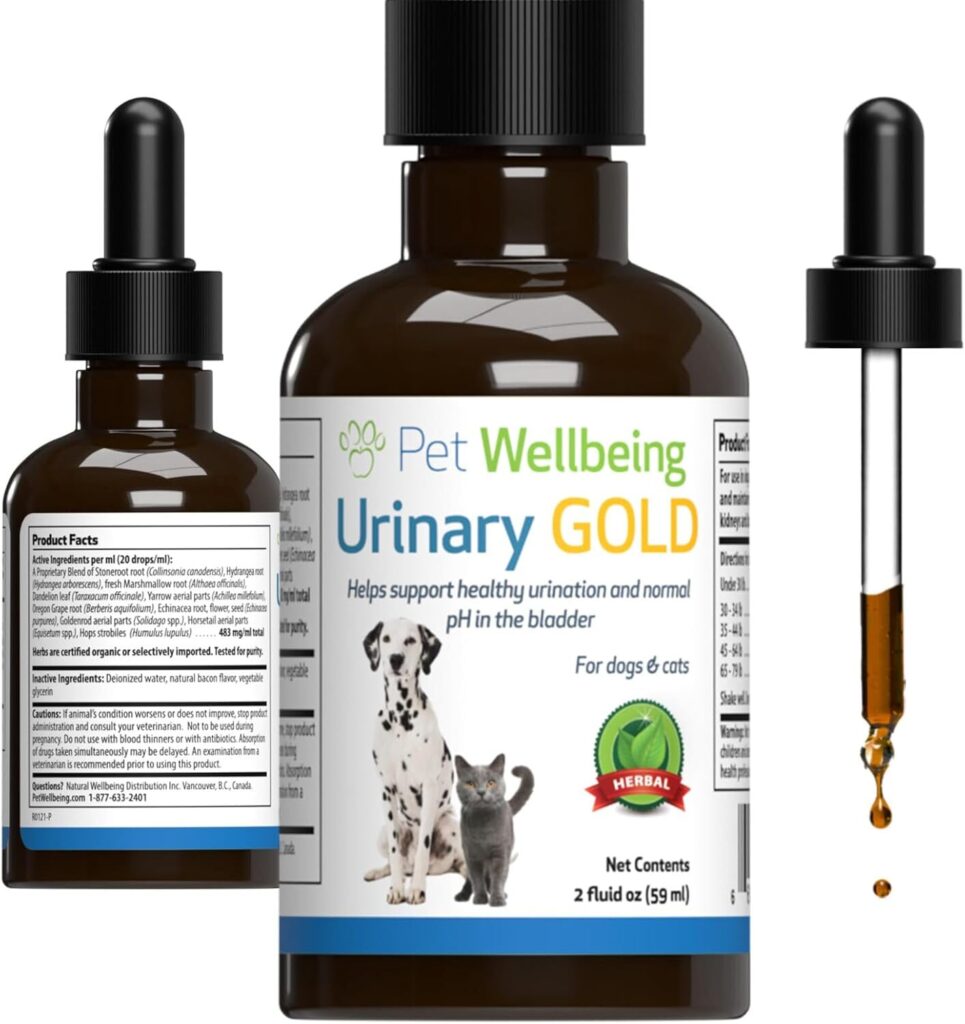
This is a liquid herbal supplement with ingredients like horsetail, cranberry, and goldenrod. It’s designed to soothe and support the urinary tract.
- Herbal formula
- Easy to administer with a dropper
- Good option for picky eaters
How to Choose the Right Supplement for Your Cat
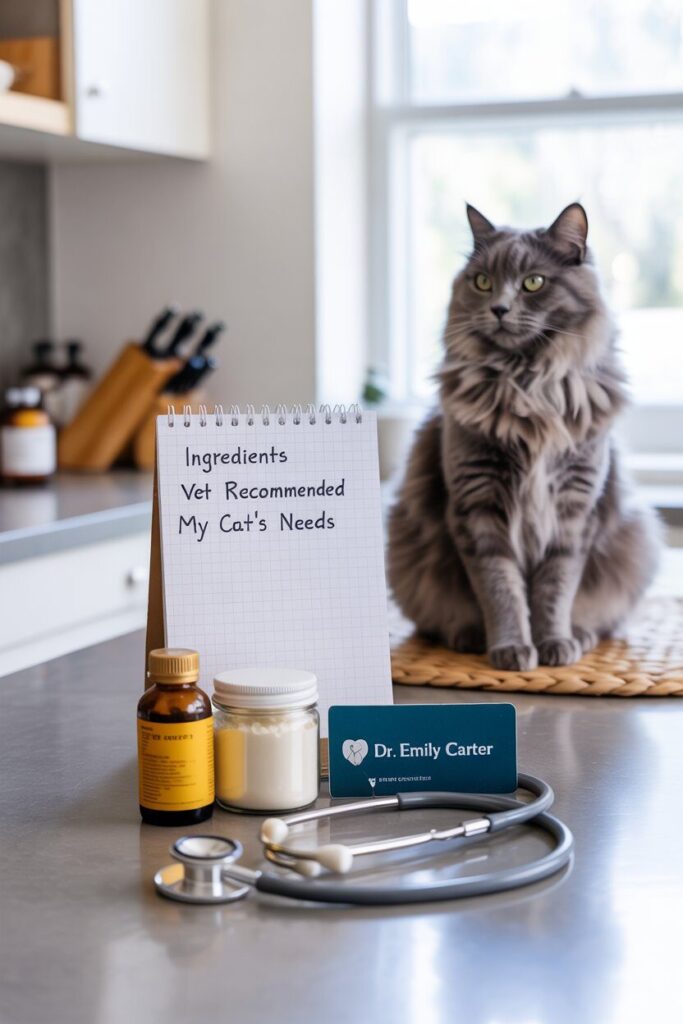
Here’s the part where people usually overthink. Don’t worry, I’ll keep it simple. Ask yourself:
- What’s your cat’s main issue? If they’re prone to infections, cranberry or D-mannose might be best. If stress is the trigger, look for calming blends.
- How picky is your cat? Capsules, chews, powders, and liquids all exist. Go with whatever your cat won’t spit back out dramatically.
- What’s your budget? Some supplements are premium-priced. Others are more wallet-friendly without sacrificing effectiveness.
Remember: always run your choice by your vet first. Supplements are safe, but your cat’s specific condition matters.
Tips to Support Urinary Health Beyond Supplements
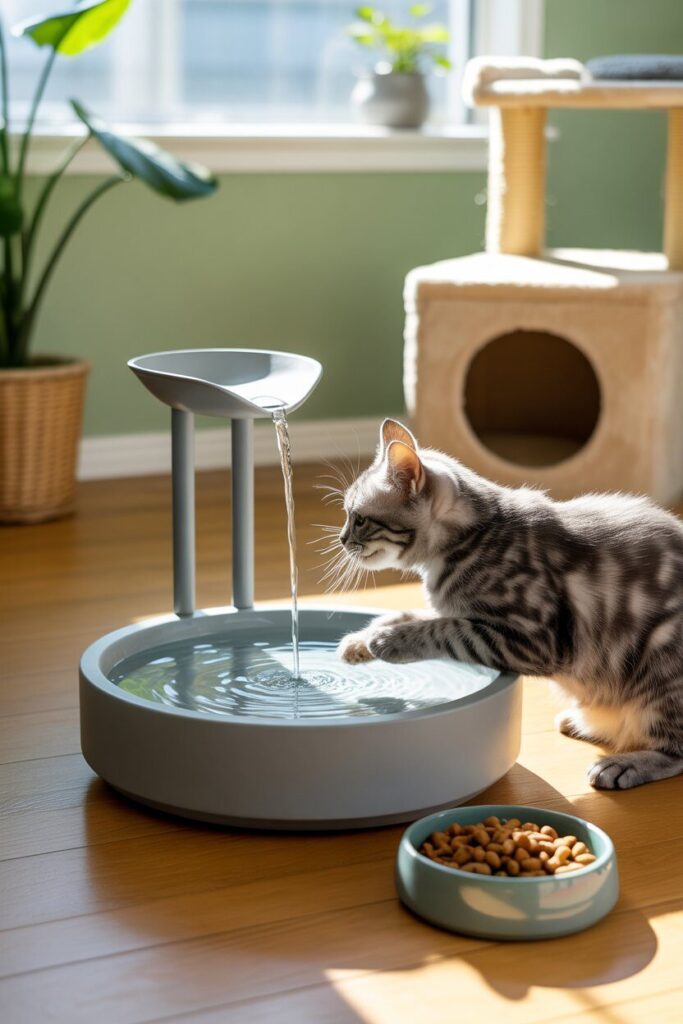
Supplements are fantastic, but they’re not magic bullets. You also need to support your cat’s lifestyle.
- Encourage hydration: Use a water fountain. Cats love moving water.
- Choose urinary-support food: Special diets can lower the risk of crystal formation.
- Keep litter boxes clean: Cats are picky; a dirty box can stress them out.
- Reduce stress: Play with your cat, create safe spaces, and minimize changes in their environment.
When you combine these steps with the right supplements, your cat’s urinary health can improve dramatically.
Common Myths About Cat Urinary Health
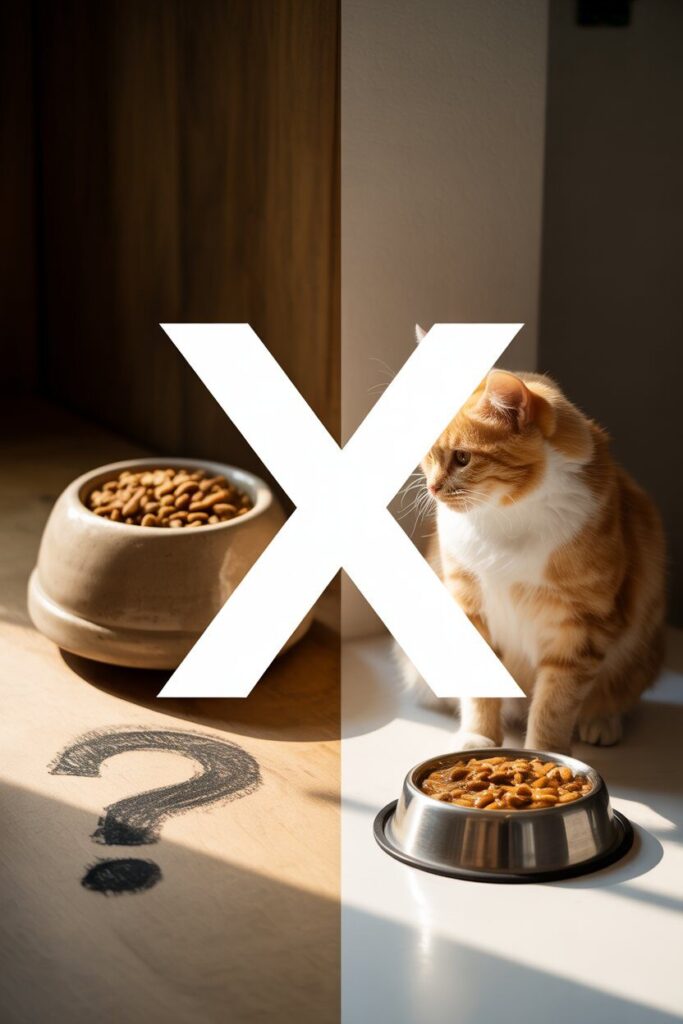
“Only male cats get urinary problems.”
Not true. Male cats get more dangerous blockages, but females can absolutely struggle with infections and inflammation.
“If I give supplements, I can skip the vet.”
Nope. Supplements support urinary health, but they don’t replace medical care. If your cat shows symptoms, you still need professional help.
“Cranberries alone will fix everything.”
I wish it were that easy. Cranberries help, but urinary health is about balance—diet, hydration, stress management, and yes, supplements.
My Personal Experience
One of my cats, Luna, had recurring urinary infections a couple of years back. At first, I panicked because she would squat in the litter box repeatedly with nothing happening.
My vet recommended a cranberry-based supplement, and I paired it with a fountain to encourage her to drink more water. Within weeks, I noticed a big difference.
I’m not saying supplements solved everything overnight, but they gave her the support she needed. Seeing her play and relax without discomfort again was worth every penny.
Conclusion
Urinary tract issues in cats aren’t just inconvenient—they’re downright stressful for both you and your feline friend.
The good news is that supplements can play a huge role in keeping your cat’s bladder healthy, their urine balanced, and their stress levels manageable.
From cranberry and D-mannose to probiotics and calming blends, you’ve got options.
Remember: choose based on your cat’s needs, consult your vet, and don’t forget the basics like hydration and a clean litter box. When you put all these pieces together, you set your cat up for comfort and a happier life.
And hey, when your cat finally stops glaring at you from the litter box, you’ll thank yourself for taking action.
What Supplements Help Cats with Urinary Tract Health?
Supplements for urinary tract health in cats often have cranberry extract, D-mannose, probiotics, and omega-3 fatty acids.
These ingredients help stop bacteria from sticking to the bladder walls. They also reduce inflammation and support gut health and the immune system.
Many cat owners notice that calming supplements with L-theanine or chamomile can help with stress-related urinary issues.
Picking the right product depends on your cat’s needs, whether they face infections, inflammation, or stress.
Are Cranberries Safe for Cats?
Yes, cranberries are safe for cats in proper supplement form. They help reduce urinary tract infections by preventing bacteria from sticking to the bladder lining.
However, don’t feed raw cranberries or human cranberry juice. Supplements are specifically dosed for cats, making them safer and more effective for urinary support.
Can Supplements Prevent Urinary Crystals in Cats?
Some supplements may help lower the risk of urinary crystals, but they aren’t a sure fix.
Ingredients like cranberry, D-mannose, and omega-3 fatty acids can support urinary tract health. They create a less favorable environment for crystal formation.
However, urinary crystals are greatly affected by diet, hydration, and stress levels. Combining supplements with a urinary-support diet and encouraging your cat to drink more water gives the best results.
How Do I Get My Cat to Take Urinary Supplements?
Cats can be picky, so choosing the right form is key. Supplements come in powders, liquids, chews, or capsules, and each cat has its own preference. Mixing powder into wet food or opting for flavored chews often works best.
If your cat refuses, try hiding capsules in treats or using a liquid supplement with a dropper. Consistency is important, so pick a product your cat will take without fuss.
Do Cats Still Need a Vet if They’re on Supplements?
Absolutely. Supplements support urinary health but can’t replace veterinary care. If your cat shows signs like straining, blood in urine, or frequent litter box visits with no output, see a vet right away.
Supplements work best as a preventive measure or long-term support tool. Think of them as part of your cat’s wellness plan, not a fix for serious issues.
